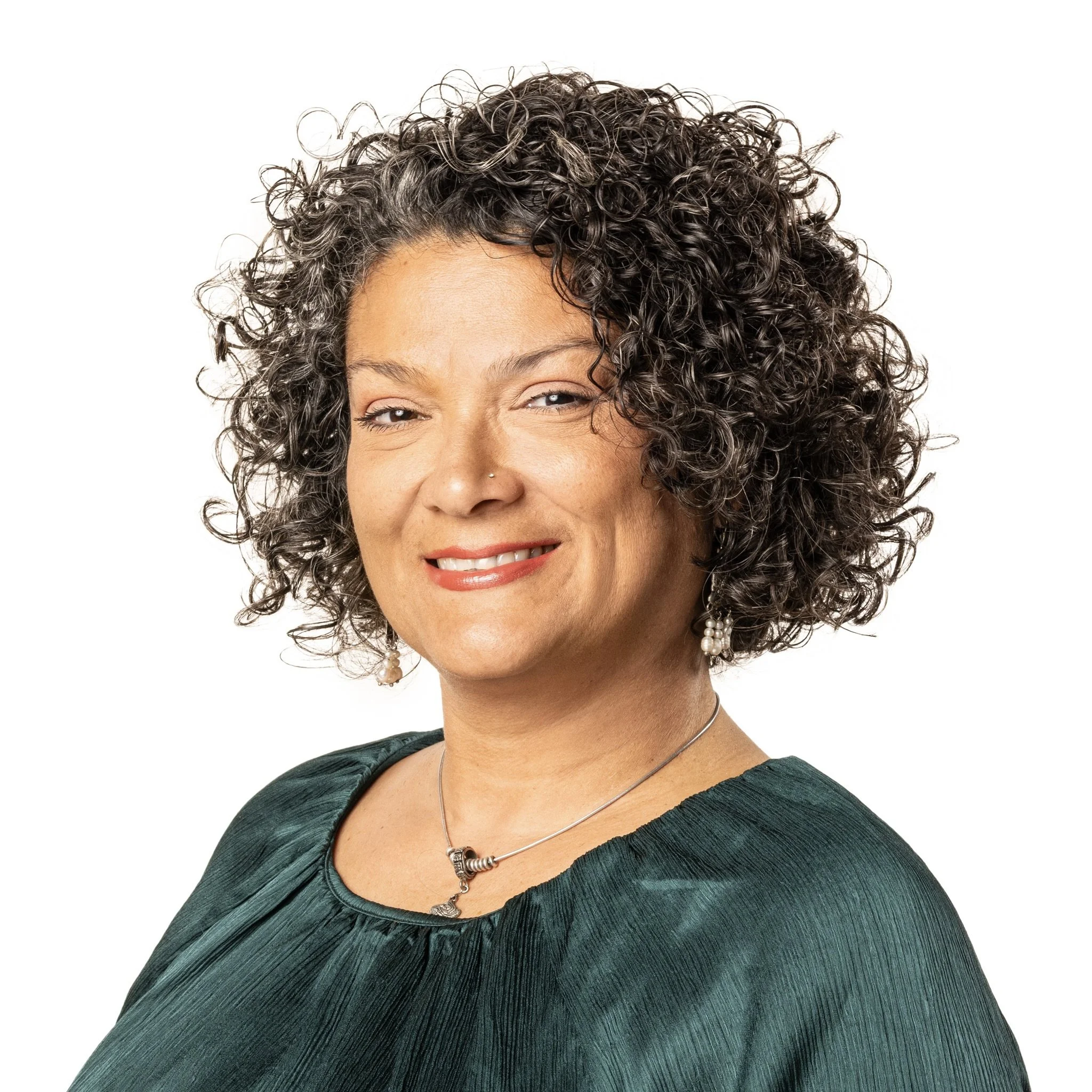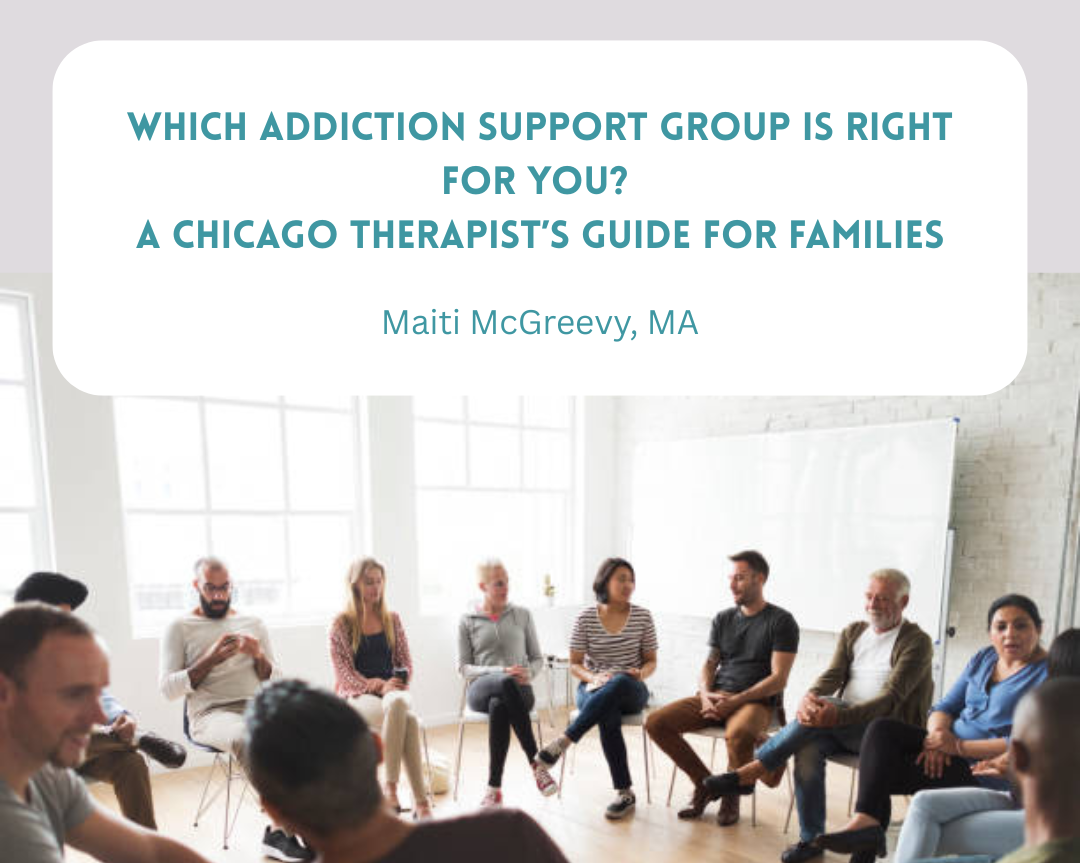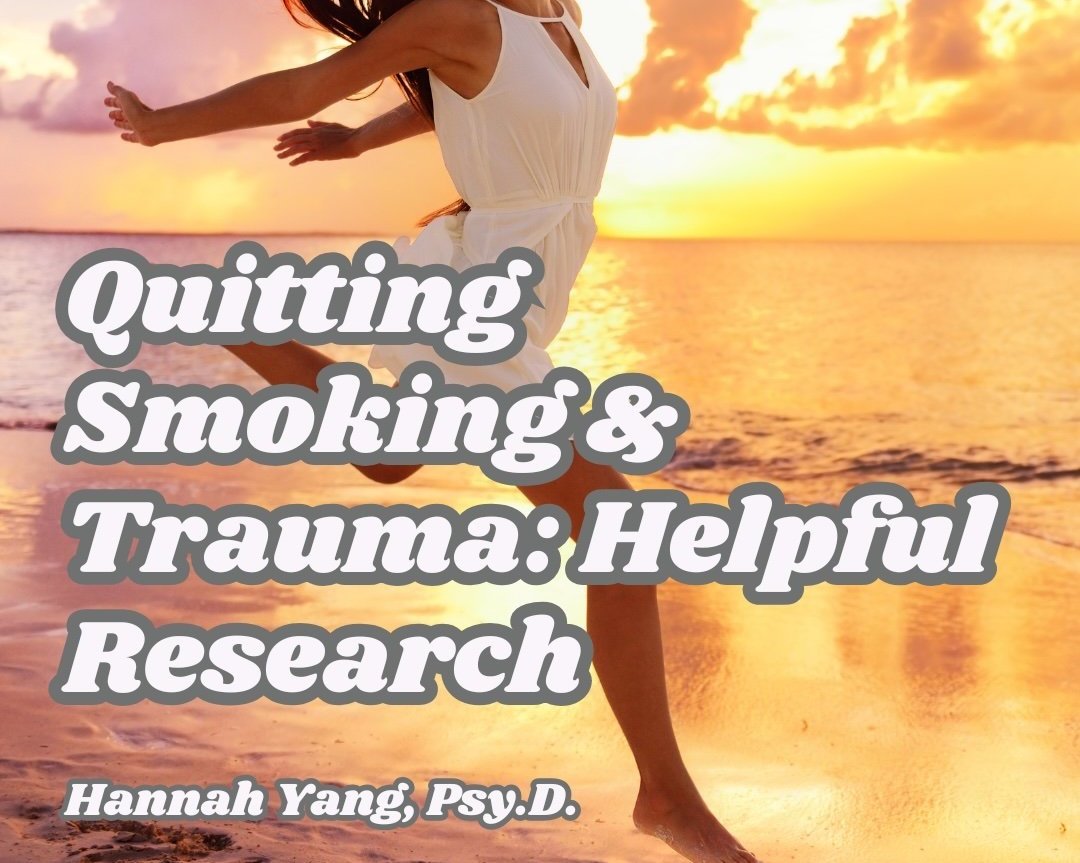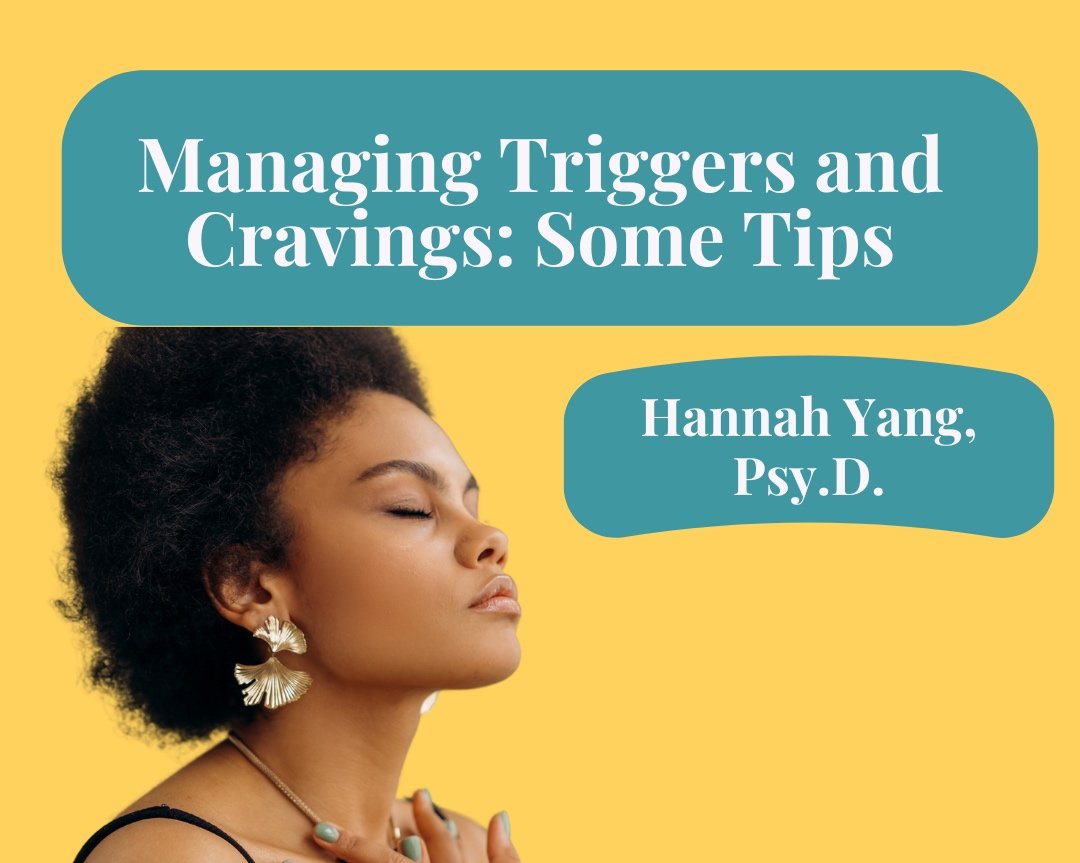Substance Use Counseling in Chicago

Schedule Your 1st Appointment
What Our Clients Are Saying
-
During our first session Hannah was proactive in creating a plan of action to properly diagnose me and address my concerns. Detailed. Office is beautiful. Love the decor, relaxing ambiance and free tea.
———
-
She was very kind and thorough during intake and the entire office looks like something out of a lifestyle magazine.
———
-
The office is lovely and welcoming, the in-take paperwork helped me prepare for what I wanted to talk about and gave me a starting point.
———
-
Dr. Yang is warm and empathic, and made me feel comfortable from the very beginning.
———
-
Emma has been very supportive through major life changes for me. Her sweet and gentle nature made it easy for me to feel safe to open up to her. I am very grateful for her support and kindness.
———
-
It was my first visit and she made me feel so safe. I opened up right away!
———
Meet Our Substance Use Therapists
Do you want to change your relationship with substances?
Maybe you noticed that your drinking has increased, and you’d like to take a break.
Or perhaps you’re a life long smoker, and would like to quit.
You might be thinking about how much money or time you could save if you weren’t in the habit of using substances.
Maybe your partner or friend has expressed concerns with your drug use.
You might simply be feeling the negative effects of substance use, and would like to feel better.
Your relationship to drugs and alcohol is likely something that changes throughout your life. Maybe you’ve been in AA for years, and are looking to take your healing to the next levels. Or maybe you’re just starting to think about how your substance use might be impacting your day-to-day, and are curious about what possibilities exist for you. Whatever your background in substances, and intentions moving forward, we can help.
Specialties
-

SMART Recovery
-

12-Step Principles
-

Women's Addiction & Recovery
-

Harm Reduction
-

Families Impacted by Addiction
-

Values Identification and Clarification
What is Substance Use Counseling?
Substance use counseling is a form of talk therapy or counseling that supports you in making adjustments or improvements in your relationship with substances, including drugs, alcohol, or any other substance that’s negatively impacting your life. Our substance use counselors work directly with individuals who are using substances or in recovery, and with friends and family of those who use or have used substances in the past.
Substance use counseling can focus more specifically on:
Assessing and Working with Readiness to Change: We can help you take an inventory of your options when it comes to your substance use, and help you feel more ready to make changes with your substance use patterns.
Identifying Triggers and Cravings: We help clients understand the situations, emotions, or people that may trigger their desire to use substances. Clients can learn to recognize early signs of cravings and develop healthy ways to cope and avert substance use in the moment.
Behavioral Change Techniques: Techniques like cognitive-behavioral therapy (CBT) and dialectical behavior therapy (DBT) can be utilized to help you identify and change thought patterns and behaviors that contribute to substance use. This often involves breaking down automatic responses to stressors and replacing them with healthier habits.
Building Coping Skills: Developing practical skills for managing stress, anxiety, anger, and other emotions without relying on substances is key. This may include problem-solving skills, mindfulness, or relaxation techniques.
Relapse Prevention: We often work with clients to understand the dynamics of relapse, develop strategies to avoid it, and create action plans for responding to a potential relapse if it occurs. This includes identifying warning signs and understanding the cycle of recovery.
Addressing Co-Occurring Disorders: For clients with co-occurring mental health conditions (e.g., depression, anxiety, PTSD), substance use counseling often includes dual-diagnosis treatment to address both the substance use and the underlying mental health challenges.
Developing a Support System: Counselors often encourage clients to build or reconnect with a supportive network, including family, friends, or support groups like AA or NA, to strengthen recovery efforts.
Benefits of Substance Use Counseling
Engaging in substance use counseling can be important to build momentum in your improving relationship with substances. Some that come to mind are below:
Building Self-Awareness: We can help clients understand the root causes of their substance use, such as unresolved trauma, stress, or mental health challenges. This self-awareness is foundational for making sustainable changes.
Developing Coping Skills: A major focus in substances use counseling is teaching clients healthier ways to handle stress, anxiety, depression, and other difficult emotions without relying on substances. These coping strategies can include mindfulness, relaxation techniques, and problem-solving skills.
Identifying Triggers and Cravings: We work with clients to recognize the specific triggers that lead to substance use. Learning to identify these can help clients avoid high-risk situations or manage them in healthier ways.
Relapse Prevention: We work with clients, some who are coming from a higher level of care in addictions treatment, with relapse prevention tools and strategies, such as developing emergency action plans, understanding warning signs, and maintaining daily routines that support sobriety.
Improving Mental Health: Many individuals with substance use issues also face co-occurring mental health conditions. We are well equipped to understand and work with all of the variable affecting your treatment, addressing both mental health and substance use.
Strengthening Relationships: Substance use can often strain relationships. We often help clients with rebuilding trust, enhancing communication, and setting boundaries, which can create a supportive network for recovery.
Enhancing Motivation and Goal Setting: Techniques like motivational interviewing help clients set realistic and meaningful recovery goals. These goals serve as a roadmap, motivating clients and giving them a sense of purpose and direction. Even if you’re not ready to change your relationship with substances now, by exploring your broader vision for yourself and your life, you may discover later that you’re motivated to make changes in substance use.
Creating a Support Network: We can help clients connect with support groups and other resources that continue to provide encouragement, community, and accountability beyond counseling sessions.
Encouraging Accountability: Regular sessions provide clients with a space to reflect on their progress, discuss setbacks, and adjust their recovery plans. This accountability helps clients stay committed to their goals and develop resilience.
Improving Physical Health: Reducing or stopping substance use through counseling can have major health benefits, including better sleep, improved energy levels, and lower risks for substance-related illnesses or accidents.
Boosting Self-Esteem and Confidence: As clients achieve their recovery goals, they often experience an increase in self-confidence and self-worth, which can encourage them to continue making positive changes in other areas of their lives.
We’re here to help you with substance use!
With the support of our therapists, we hope you find it a bit easier to reach your goals and improve your relationship with substances. If you'd like to learn more about substance use counseling in Chicago or schedule a free 15-minute call, please visit our contact page. We offer both in-person and virtual services throughout Chicago, IL, as well as services in Miami, FL.
Substance Use Blog Posts
Substance Use Counseling FAQs
-
Substance use counseling is a type of psychotherapy that is focused on helping people change or improve their relationship with substances such as drugs or alcohol. This type of counseling can help you feel more motivated to change your substance use, and discover ways to make the changes that you desire - or remain in recovery.
-
The frequency and duration of substance use counseling depends on your unique relationship with substances. Your therapist will assess your experience of day-to-day life, current substance use, and advise you on how many sessions you may need to feel better and how frequently those sessions may occur. Most people benefit from weekly therapy sessions for a few months in order to see bigger changes in their life.
-
In the first two sessions, your therapist will ask you questions about your life currently, your history, your substance use, and where you hope to be in the future. From there, you and your therapist will discuss goals for your recovery, and life as a whole, and a plan of action to help you feel better sooner.
-
If you at all feel like you’re struggling with substance use and would like to change that - or if you’ve just finished up a larger substance abuse treatment program, substance abuse counseling at Balanced Awakening could be a great fit for you. We don’t have to just focus on substance use, we can look at a lot of other areas of your life and help you overall with your mental health.
-
Yes! But with some exceptions. There are 3 situations where, legally and ethically (whether we want to or not) we would have to break your confidentiality. These include if we learn of any potential child or elder abuse from you, we determine that you are at risk of harming yourself or someone else, or we receive a court order for your medical records. Also, some of our providers are under supervision and regularly consult with their supervisor about their client sessions. Supervisors have the same obligation to client confidentiality.
-
Our therapy rate for the first two sessions is $250. After that, 55 minute sessions are $225.
Most of our therapists are in network with United Healthcare/Optum, BCBS PPO and Aetna insurance.
-
Yes! We offer virtual therapy as well as in-person. Sometimes, while also juggling other facets of your life, it’s easier to get support from a therapist over video.













